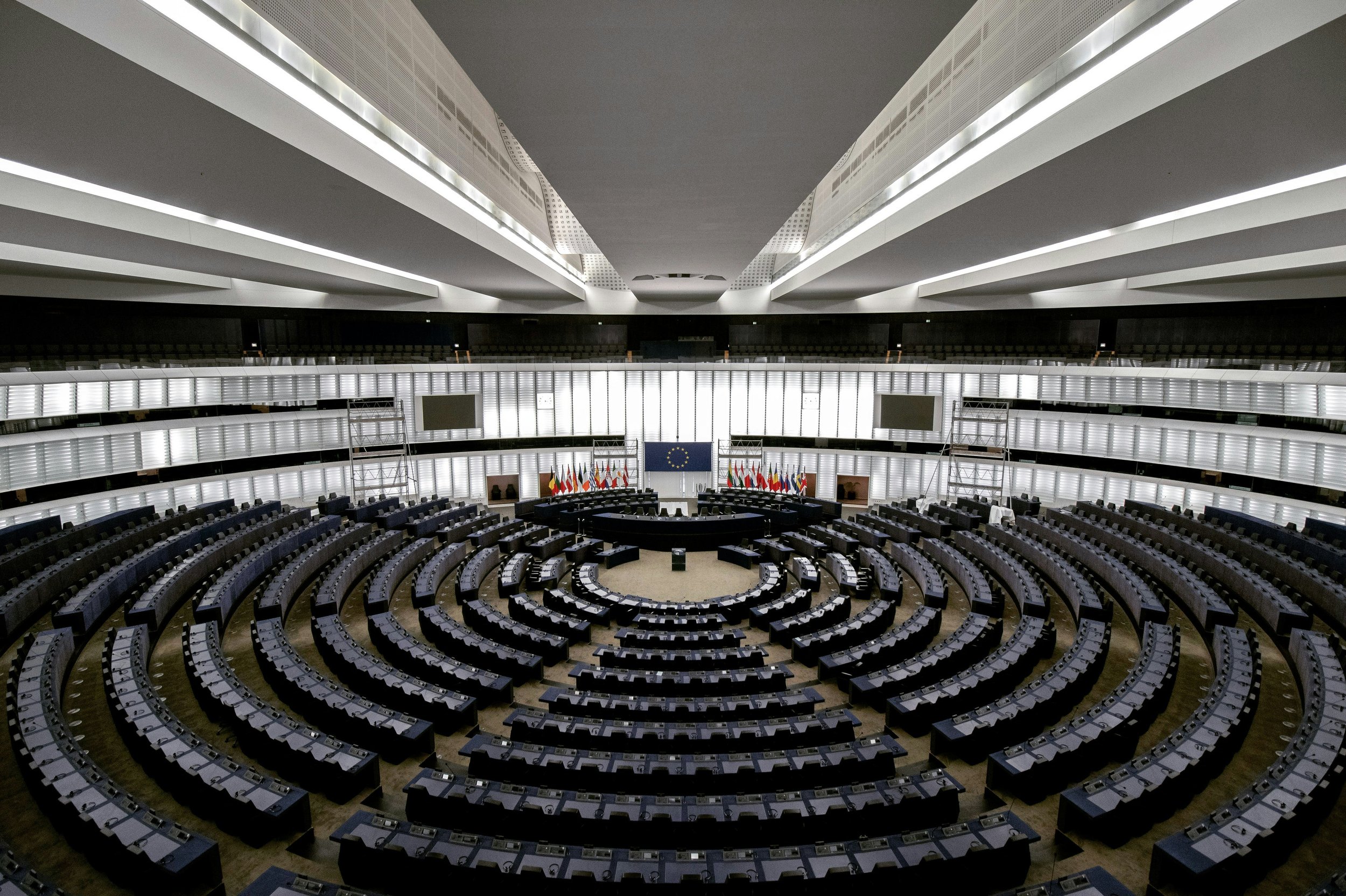
international courts
Mechanisms of enforcement
Born in the aftermath of World War II and the collapse of the League of Nations. The United Nations is an international organization that is made up of 193 member countries. All countries are represented in the General Assembly that can meet and pass resolutions regarding a wide range of international issues. General Assembly resolutions are non-binding but carry political weight and are reflective of the will of the majority. With regards to Palestine, the General Assembly has passed numerous resolutions regarding the illegality of Israeli settlements in the West Bank, condemnations of the separation barriers, the status of Palestine as a full member state (it is currently only an observer), and many resolutions condemning the violence.
The Security Council is made up of 15 members. Five members are permanent, including the victors of World War II (USA, Britain, France, Russia and China). The remaining members come from each continent and serve a fixed term on the Security Council on a rotational basis. The five permanent members have the power to veto any resolution which prevents them from passing. Security Council resolutions are binding resolutions.
The UN is also an organ that creates international treaties codifying international norms and pushes an agenda of security, peace and dialogue. It has a peacekeeping force that is deployed for humanitarian principles. The UN does not have many enforcement mechanisms as the UN manages a fragile balance between the sovereignty of nation states and the push towards international norms. It is up to individual nation states to enforce binding resolutions through national actions such as imposing sanctions and cutting diplomatic ties as the UN itself has no enforcement mechanism.
The International Court of Justice (ICJ)
One partial means of enforcement is the ICJ which is the principal judicial organ of the United Nations. If both countries agree the ICJ can hear and decide a range of disputes which arise between countries over territorial issues, resource use, treaties and other issues of international law. These judgements are binding. It can also hear issues on a number of international legal issues and release an advisory opinion which is not binding. In the case of Palestine it has already given an advisory opinion regarding the separation wall in 2005 (stating it was illegal) and most recently an advisory opinion on the status of Israel’s settlements in the West Bank. The ICJ lacks an enforcement mechanism and relies on states to take national action to give effect to advisory opinions. The ICJ also has jurisdiction to hear disputes which arise out of various treaties such as the Genocide Convention.
The International Criminal Court (ICC)
The ICC was born out of The Rome Statute which came into force in 2002. The Rome Statute is designed to punish those who committed the worst of crimes on a global scale. Crimes such as genocide, systemic and widespread war crimes and crimes against humanity. Unlike the ICJ, the ICC looks at individual liability (usually of country leaders or commanders). By providing a permanent legal framework, the ICC empowers nations to pursue justice where domestic courts fail or where impunity reigns. Its role as an independent judicial body underscores the principle that individuals, regardless of rank or status, can be prosecuted for heinous acts, thus deterring future violations and promoting accountability on a global scale. The United States is not a party to the Rome Statute and does not recognize the jurisdiction of the ICC. Though well-intentioned, legal and political academics have criticized the ICC of being a court that is all too happy to prosecute criminals of the Global South whilst giving impunity to leaders in the West.
Domestic Countries
Nation states are able to take action and prosecute individuals who commit war crimes and breaches of the Geneva Conventions. Though legal questions about jurisdiction may arise regarding the ability of a country to prosecute a matter which occurred offshore, legislation which allows this exists in many different countries to ensure that citizens do not leave to commit horrendous acts. For example, many countries allow crimes regarding the sexual exploitation of children to be prosecuted regardless of what country that crime occurred. The goal is to minimize harm to society and ensure that basic societal norms are respected.
Your Voice Matters
The position and willingness of nation states to take steps to enforce international law is very important in holding Israel accountable for its crimes. In democratic countries this means that your voice matters and your actions matter in putting a lasting end to this violence. It is imperative that everyone does what they can do to end the violence.